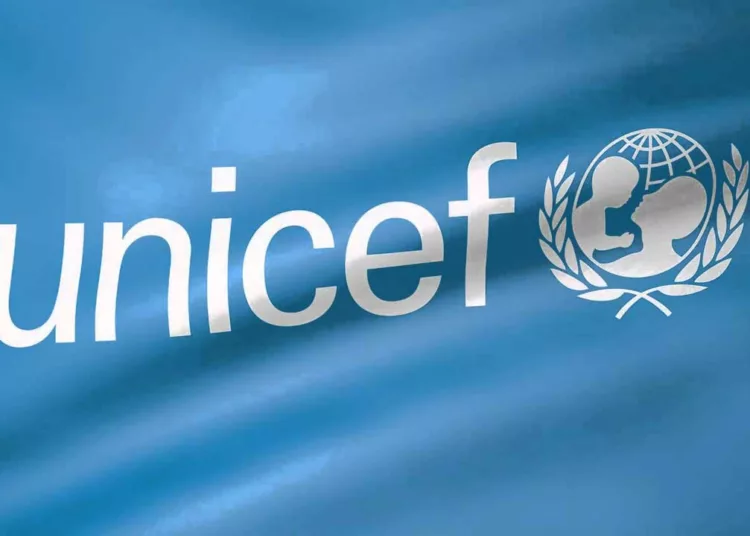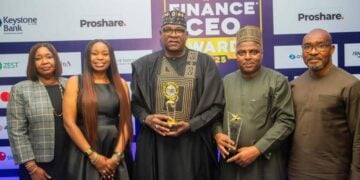Over 47 million Nigerian children representing 47.4 per cent, live in households with incomes below the national poverty line of N137,430 per year based on the 2019 exchange rate, a 2020 report on Multidimensional Child Poverty Analysis supported by UNICEF Nigeria has said.
The Chief of Field Office, UNICEF Bauchi Field Office, Mohammed Kamfut, disclosed this while speaking at the Northeast States Strategic Policy Dialogue on Social Budgeting for Children -Sensitive Sectors in Nigeria in Gombe.
He said poverty infringes upon children’s human rights and perpetuates a relentless cycle of deprivation that is challenging to break without adequate support.
Mr Kamfut said that poverty leads to numerous adverse outcomes for children, including hunger, malnutrition, poor health, and limited or no access to quality education and essential services.
To him, “I warmly welcome everyone to this historic gathering, where we will brainstorm on how to improve the lives of children in northeast Nigeria. This important dialogue brings together a diverse group of stakeholders who are actively engaged in budget development and implementation. Over the next two days, we aim to collaboratively chart a pathway for adequate and sustainable financing of the social sectors in this region.”
“As children grow older and remain in poverty, the impact of these deprivations intensifies, further diminishing their opportunities to reach their full potential.
“Nigeria’s population is estimated at above 205.9 million, with 49.5 percent (102 million) being children aged 0-17 years. Similar to many African countries, children in Nigeria are disproportionately affected by poverty due to their vulnerable status in society.
“This has long-term repercussions on their well-being, extending into adulthood. Despite the global urgency to address poverty, children have often been overlooked in poverty reduction initiatives,” he said.
Mr Kamfut added that Northeastern Nigeria, given the right policies and commitment, has huge resources to ensure children grow up free from poverty, deprivation, and exclusion.





